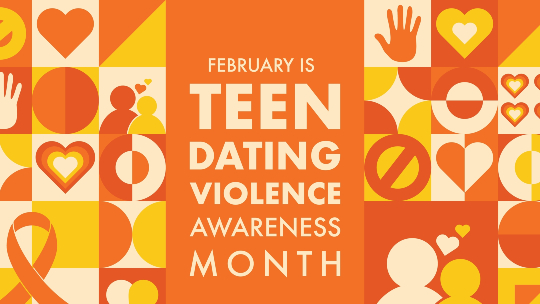February is American Heart Month. According to the American Heart Association (AHA), cardiovascular disease, like heart disease and stroke, is the leading global cause of death, with over 17.9 million deaths each year. Around 2,300 people die of cardiovascular disease each day throughout the country, an average of 1 death every 38 seconds. In Hawaii, the Department of Health (DOH) reports that cardiovascular disease is the leading cause of death, and is responsible for nearly 4,000 deaths per year.
But, it’s not all doom and gloom. The good news is that cardiovascular disease is, for the most part, preventable. The DOH formed the Heart Disease and Stroke Program (HDSP) to prevent and manage cardiovascular disease. HDSP works with community health workers, pharmacies, insurers, health organizations, and health centers throughout the state to offer preventative services like blood pressure screenings and education and disease management help for at-risk populations.
One of the biggest contributors to cardiovascular disease is stress. Sarah Lavallee, a stress management specialist at Straub Medical Center’s Ornish Lifestyle Medicine™ program and certified yoga teacher, says that how we respond to stress can have a significant impact on our overall health and happiness. Reducing stress can lead to benefits like lowered blood pressure and heart rate, better immune system function, and reduced inflammation in the body. Lavallee shared some tips on how to manage stress to keep our hearts healthy.
Be conscious of your breath. Since breathing links the mind with the body, one of the quickest and easiest ways to control stress is to control your breath. Breathing slowly and deeply signals our body to relax. There are lots of easy breathing exercises you can do to calm your mind and body. You can try alternate nostril breathing, extended exhalation, or simply focus on the breath as it enters and exits the nose. Try softening the insides of your nostrils and see if you can experience the breath floating in and out of the nose instead of forcefully pushing the air in and out. This practice may help you sense the connection between your breath and your body.

Practice positive and healing imagery. When we worry, it’s easy to imagine the worst case scenario or an awful outcome. However, this negative imagery triggers the body to release stress hormones to protect us from our perceived danger. Practicing positive imagery can actually change our physiological and psychological responses, helping to save our energy so we can spend it on the things we care about. Learn more about the benefits of positive self-talk and how yoga can help you manage anxiety.
If you’re feeling overwhelmed, just remember that the AHA estimates that even modest changes to your diet and lifestyle can improve your heart health and lower your risk of cardiovascular disease by as much as 80 percent. Small changes can go a long way toward reducing your stress and improving your heart health.




